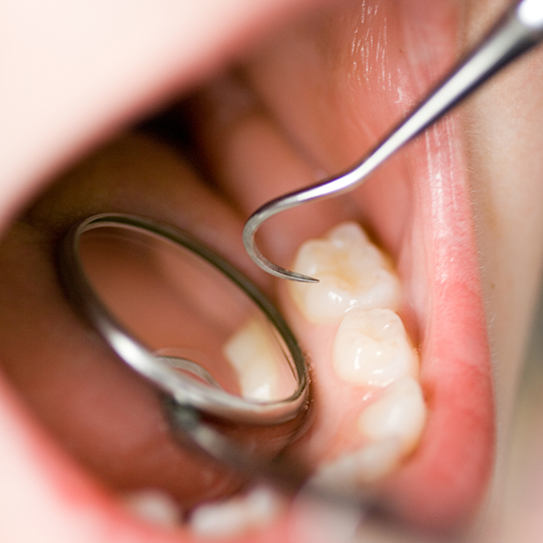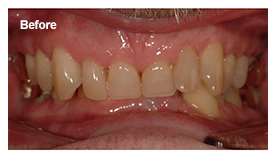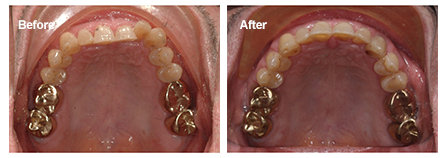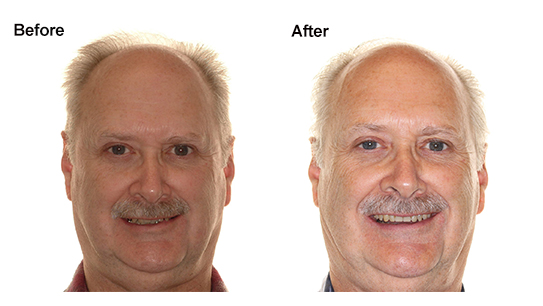February Is Children’s Dental Health Month
February 15th, 2016
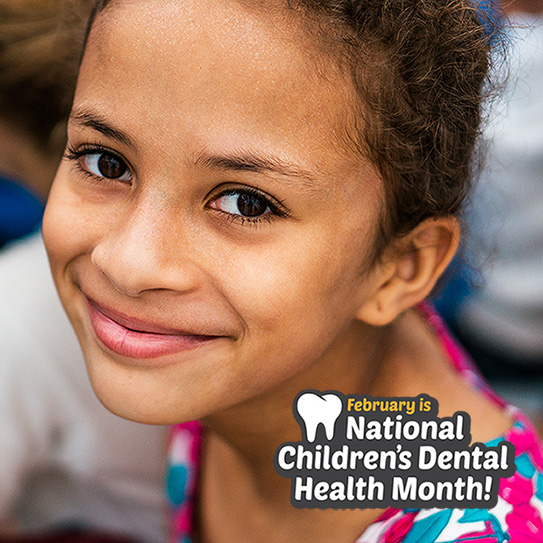
THE CDC REPORTS THAT 1 in 5 children (between ages 5 and 11) in the US have untreated tooth decay. Not only should tooth decay be treated in regular dental appointments, it should be prevented! Tooth decay is 100 percent preventable with effective personal care and regular dental cleanings.
In honor of Children’s Dental Health Month, we’re spreading the word about children’s dental health.
YOU Can Help Little Ones Have Healthier Smiles!
- Encourage them to brush for two full minutes: Pick a song about two minutes long and sing it to them during brushing time.
- Set reminders to brush twice a day: Brushing after breakfast and just before bed are the best times for preventing bacteria growth from food.
- Show them flossing is fun, not harmful: Be gentle at first when doing it for them. A bad experience can stop them from flossing on their own.
- Be persistent: Don’t let fussy children off the hook. Be motivating! Kids may gladly brush for a sticker or star if you make it an activity.
- Set their first dental appointment before age 1: Having positive dental experiences early will make dental visits easier and less frightening when older.
We Can Help Too!
If you have a child under the age of seven who has not yet had a dental examination, we are happy to see him or her for a fun welcome to the dental office examination at Gorczyca Orthodontics. Dr. Gorczyca will introduce your child to the dentistry, review brushing and flossing, make your child's first dental visit fun, and refer your child to a pediatric dentist for future specialty dental care.
To find a pediatric dentist in your area, visit the American Academy of Pediatric Dentistry at www.mouthmonsters.mychildrensteeth.org.
The American Association of Orthodontists recommends that every child have an orthodontic examination by age seven. To find an orthodontist in your area, visit the AAO at www.mylifemysmile.org.
Help Us Spread The Word!
Share this message with your friends and family, and especially with the children in your life. If you have any questions about children’s dental health, don’t hesitate to ask us!
Thanks for being our valued patients and friends!
Top image by Flickr user Edu Alpendre used under Creative Commons Attribution-Sharealike 4.0 license. Image cropped and modified from original.

